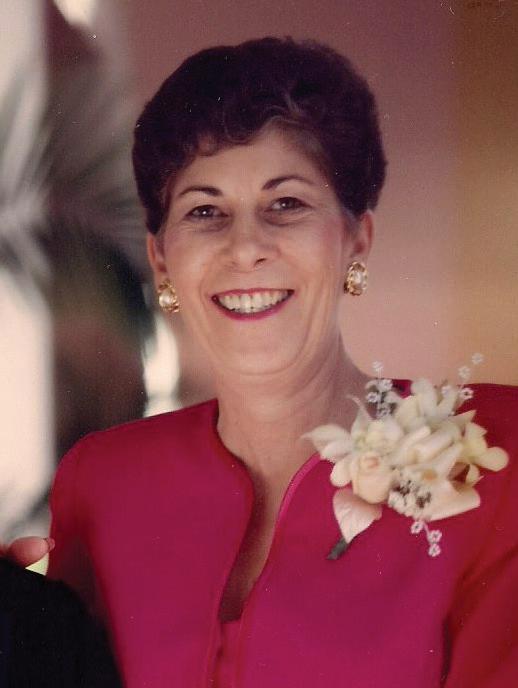Take Eat and
“
”
A Hymn by and
by Kristen Padilla
Jess Leslie is a current Master of Divinity student and has been leading worship for more than 16 years. She is passionate about writing songs for the church, and her hope after graduation is to minister within a local church. Below is an interview with Leslie about writing hymns as well as the lyrics to an original hymn she co-wrote with Drew Kearney, worship pastor at Mountain Brook Community Church in Birmingham, Alabama, called, “Take and Eat.” KP Why do you feel called to write
hymns? What do you enjoy about writing hymns? JL Psalm 96:1 gives the command to “sing to the Lord a new song,” so in a very straightforward sense, writing new songs for the people of God to sing is obedience. For the first 10 to 15 years of my leading worship, I wrote songs casually and privately; in other words, I wrote when I felt inspired in some way, and I rarely had the courage to share the songs with others. Several years ago, however, I went through a worship and discipleship school called 10,000 Fathers and Mothers. It was there that I received a theology of songwriting, and it was then that I sensed God affirming that whether five or 5,000 people ever hear a song that I may write, it is an offering that he is calling me to lay before him. What I most enjoy about songwriting is doing it collaboratively. We need the ministries and giftings of one another, and I am always both challenged and encouraged when I have spent time writing alongside brothers and sisters.
KP Why is it good for the church to have new hymns? JL On one hand, there really is nothing new under the sun (Eccles 1:9). On the other hand, the Lord has given us the instruction to sing new songs both to him and to one another (Ps 96:1, Eph 5:19). Moreover, we have examples in Scripture (like David, Mary and Moses) that model for us what it looks like to bring glory to the Lord in a fresh way, both lyrically and melodically. There is also something really special about a household of faith singing songs together that have been birthed from within its community. 14 • Beeson Magazine • 2022
KP What is your philosophy or
approach to writing new hymns for congregational worship? JL First, the song needs to be scriptural. If the themes of the song cannot be supported by what the Lord has given us in his Word, then it’s probably not suited for use in congregational worship. Second, the song needs to be singable. If the melody is difficult to follow or if the lyrics are complicated or obscure, then it’s probably not suited for use in congregational worship. Lastly, the song needs to be beautiful. If it is poetically and sonically lifeless, then it’s probably not suited for use in congregational worship.
KP As a worship minister, what is your approach to teaching the congregation new hymns? JL Simply and practically, I usually offer a 30 to 90 second teaching that introduces the song itself, while also weaving it into that particular moment of the liturgy. I also try to avoid introducing a new song on one Sunday without also incorporating it into the following Sunday. The repetition helps us not only with the basic task of learning the song, but it also expands our time to sink into the truths of the song. KP What led you to write “Take and Eat”? JL Long ago I heard a sermon that connected the theme of “taking and eating” in the Garden of Eden to “taking and eating” in the upper room. I scribbled down other ideas from Scripture that touched on this theme, and then I pitched the framework
of the song to my friend Drew Kearney. Drew is a dear brother, a faithful pastor and a gifted songwriter. We worked together to write the rest of the song.
KP This hymn is very Christocentric.
What does this hymn communicate about Jesus? JL My highest hope for the song is that through it we would look to the ways of Jesus and be reminded that he is the exact imprint of the Father’s nature (Heb 1). By God’s grace, the more we recall the ways that the Father loves and pursues us, the more alive we become in Christ—for his glory, for our flourishing and for the good of the world around us. D















